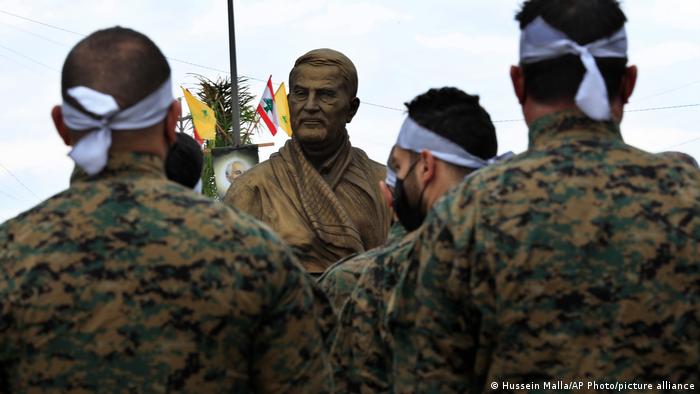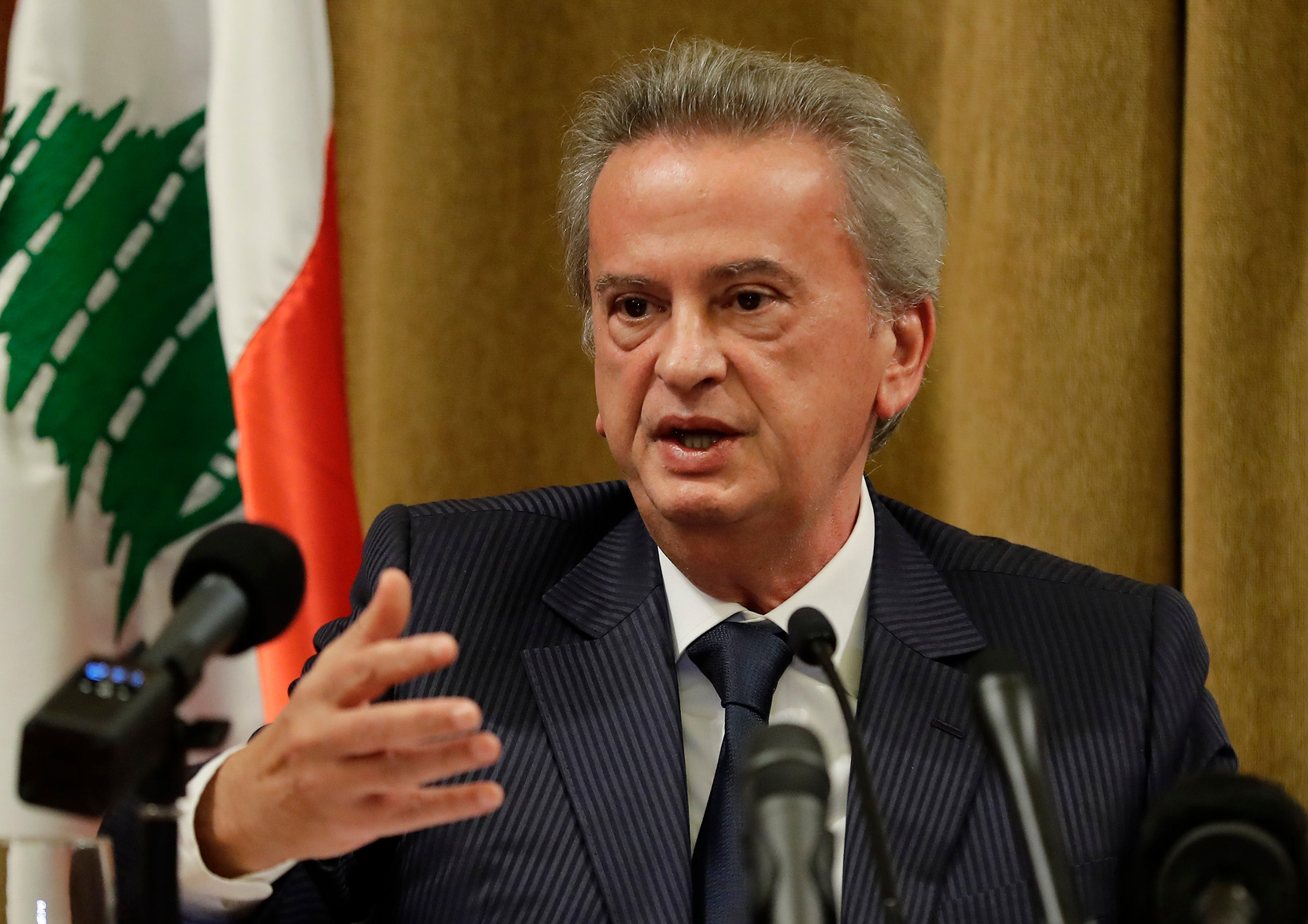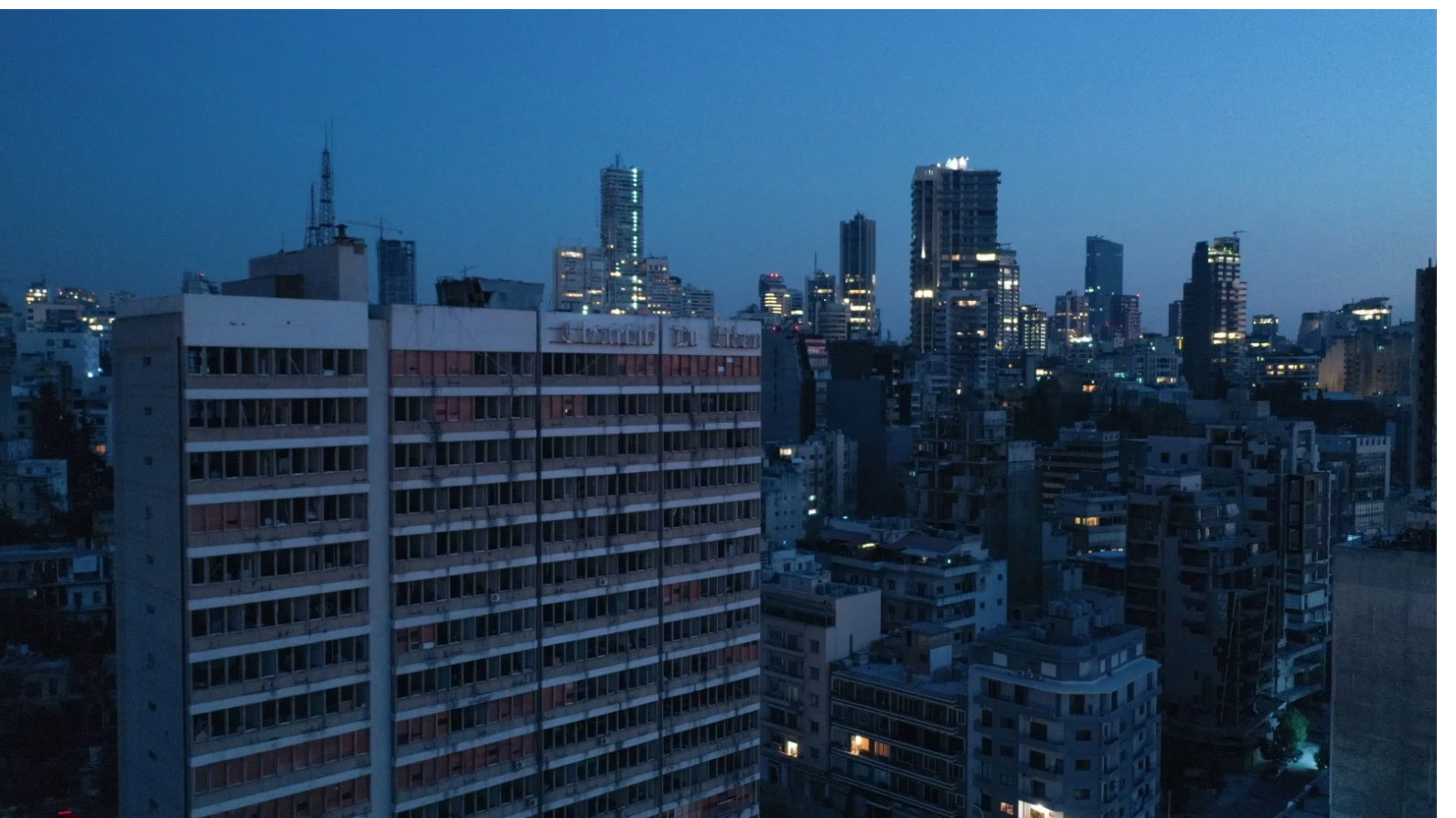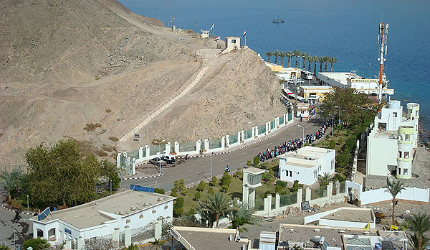
By AFP – Agence France Presse — UN peacekeepers in Lebanon appealed for calm late Friday after supporters of the Hezbollah movement clashed with Israeli border guards as Iran and Arab countries marked Jerusalem Day. The annual commemoration is staged in support of the Palestinian cause, and earlier in the day Palestinian factions paraded in the Burj al-Barajneh refugee camp in Lebanon, a Hezbollah stronghold. Later, Hezbollah supporters approached the border fence with Israel in south Lebanon and placed one of the Shiite group’s flags there. “UNIFIL peacekeepers observed a crowd of 50 or 60 individuals throwing stones and placing a Hezbollah flag in the technical fence,” deputy UN Interim Force in Lebanon spokesperson Kandice Ardiel said.
Israeli forces “responded with stun and smoke grenades”, she said, adding that Lebanese troops soon arrived and worked with UNIFIL to calm the situation. “Especially at this sensitive time, we strongly urge everyone to refrain from any acts that could be perceived as provocative and could cause the situation to escalate,” Ardiel said. Recent weeks have seen deadly attacks and clashes in Israel, annexed east Jerusalem and the occupied West Bank, as well as cross-border fire between Israeli forces and militants in the Gaza Strip, Lebanon and Syria. Lebanon’s official ANI news agency said one person was injured when hit in the head by a smoke grenade during a demonstration at the border. Hours earlier, Hezbollah chief Hassan Nasrallah in a televised statement said his party would respond to “any action targeting anyone in Lebanon, in an appropriate scale and manner”.







